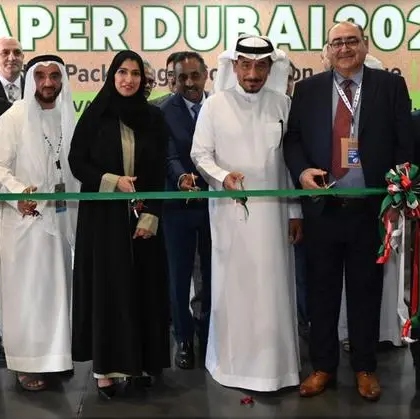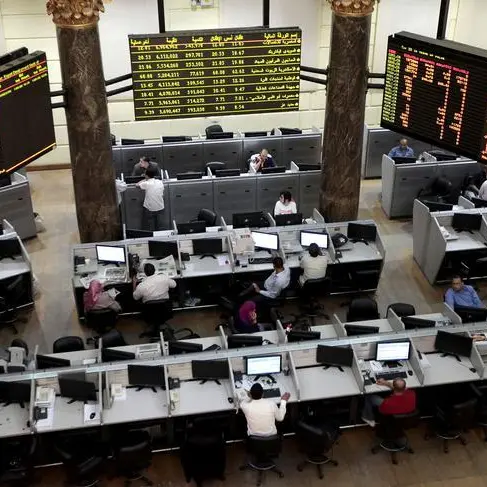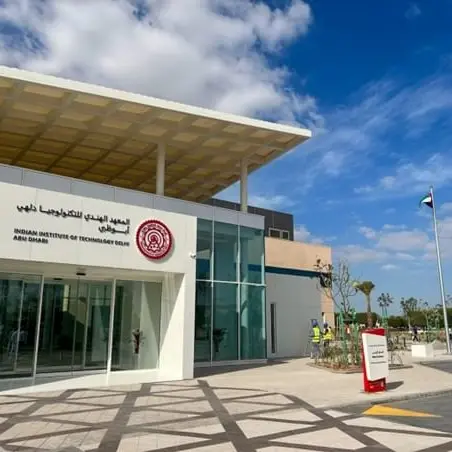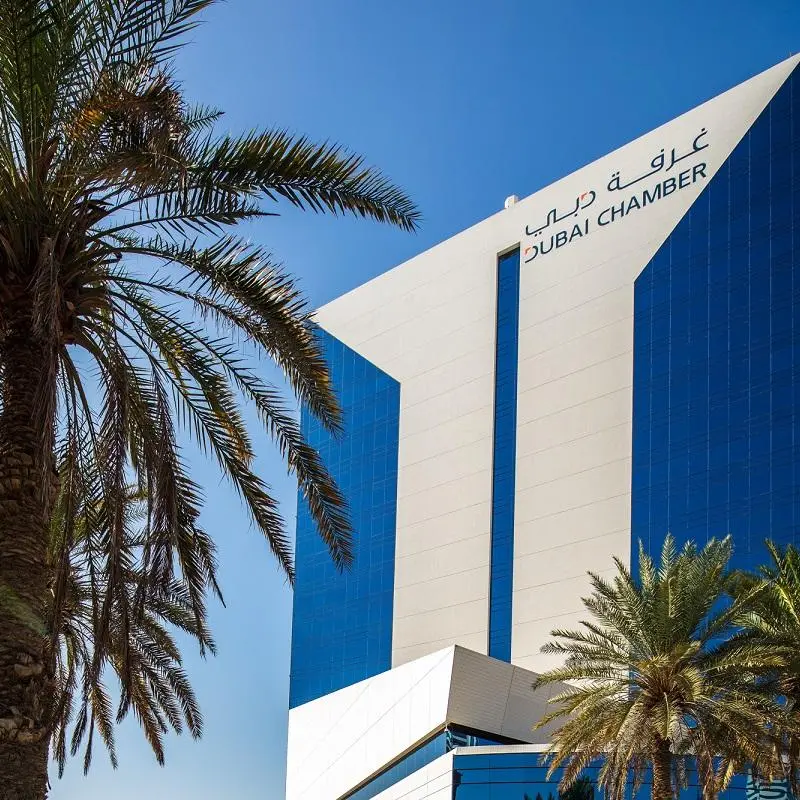PHOTO
Progress made in important areas of working life such as flexible work is now at risk, as businesses find ways to cope with the current global economic conditions, according to a new survey by LinkedIn.
The professional services firm, which conducted a survey in large companies worldwide, found that 76% of UAE executives are worried that the progress made in flexible working and employee benefits could slow down due to economic uncertainty. Also at risk of getting pushed back are initiatives made around employee wellbeing and skills development across UAE companies.
“The current global climate is slowing down progress in important areas of working life such as skills development, employee wellbeing and flexible work across UAE businesses,” LinkedIn said on Monday.
LinkedIn polled more than 2,900 C-level executives worldwide for the study. In the UAE, while the majority of executives (77%) believe that flexible work conditions will remain for the next five years a least, over three-quarters believe that flexibility may no longer be a top priority as company leaders now look to bring back employees to the office.
The study found that more than half (51%) of companies now prioritise financial preparedness over the next six months to weather economic uncertainty and save costs.
As financial preparedness becomes a priority, nearly half (44%) of executives intend to reduce remote and flexible working roles. There are also plans to cut down on investments intended for employee financial support and professional development (29%).
“This has resulted in a disconnect between company policies and employee preferences, and the difficult decisions that executives have been forced to make are taking a toll, with 35% admitting to feelings of guilt over these decisions,” LinkedIn said.
The COVID-19 pandemic had previously put a spotlight on employee wellbeing. After the great lockdown in 2020, when millions of workers were sent home, companies put measures in place to keep staff feeling supported during the health crisis. Businesses became more open to flexible work and implemented measures to boost workforce morale and productivity.
However, while management focus may have shifted since COVID restrictions have eased and businesses returned to normal, a significant number of companies still have employee wellbeing in mind.
According to LinkedIn’s study, some companies don’t intend to cut costs despite global uncertainty, in order to maintain workforce morale and productivity. Businesses have also come up with solutions to alleviate any financial pressures that their staff may be facing in the midst of rising inflation.
As a short-term remedy, some employees have been granted incentives through subsidized commuting costs (46%), or direct financial wellbeing assistance (38%) to address the rising cost of living.
UAE executives also said they will prioritise workplace mobility such as giving employees opportunities to move into different roles within the company (41%).
(Writing by Cleofe Maceda; editing by Seban Scaria)





















